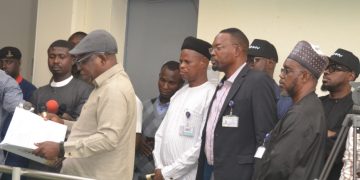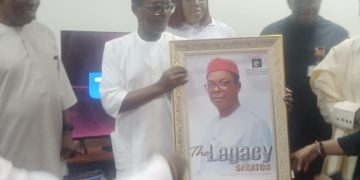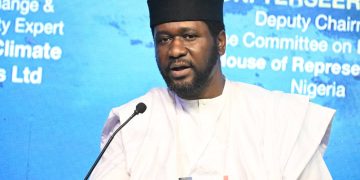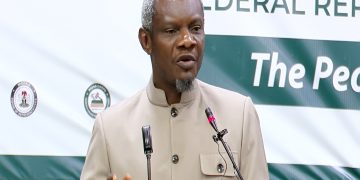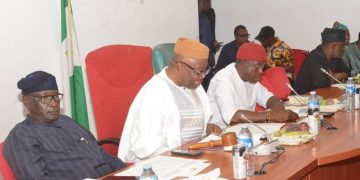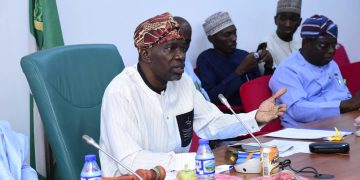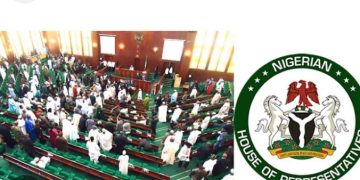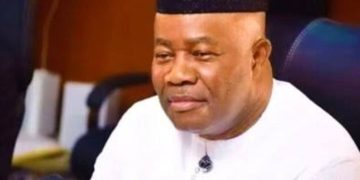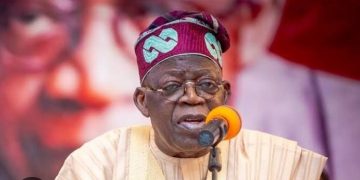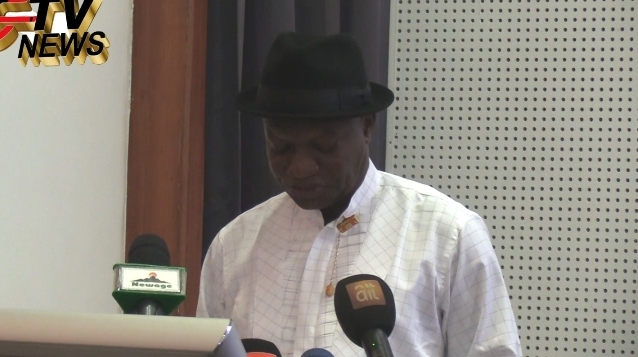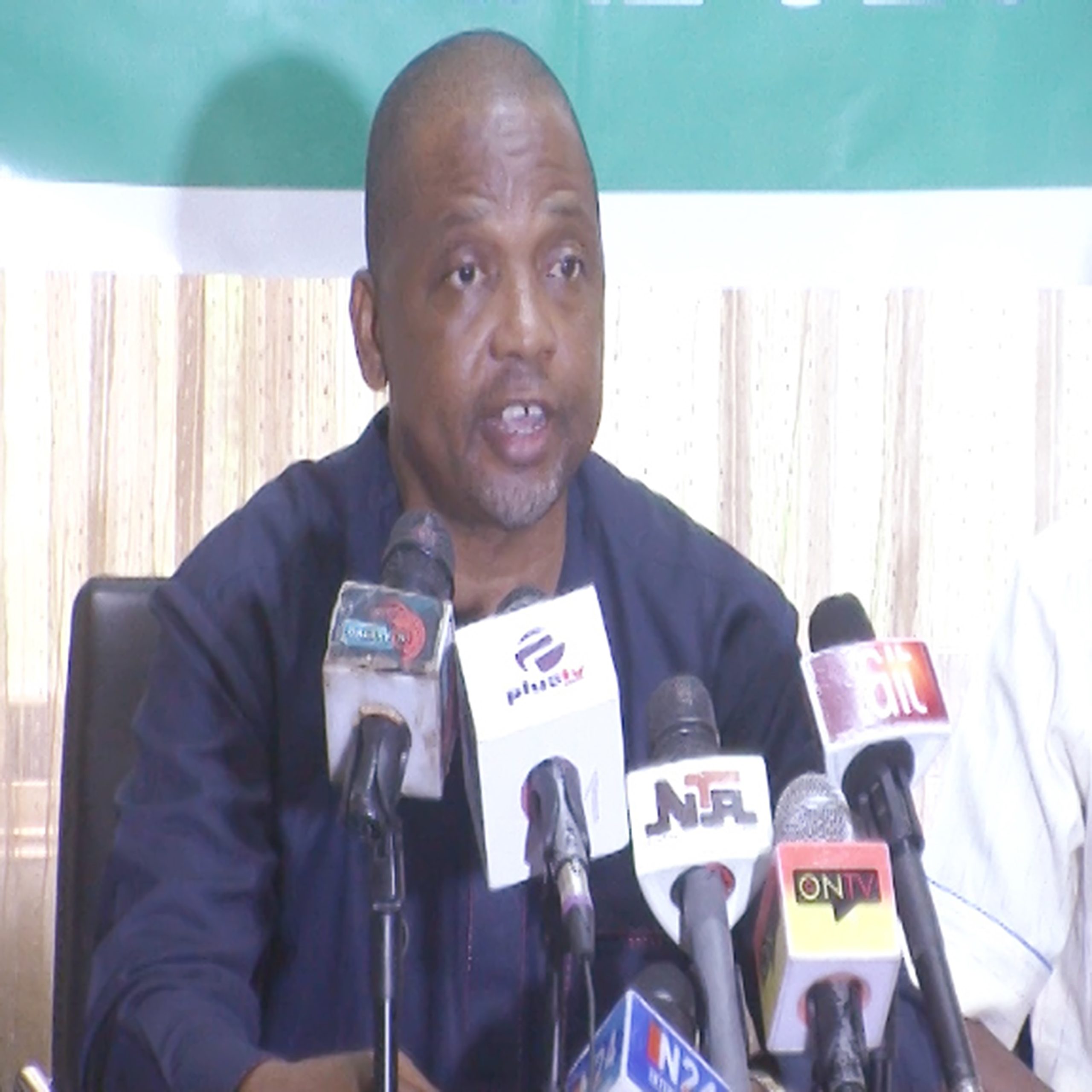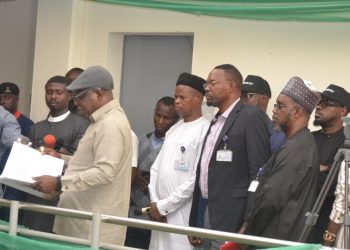By Comfort Olayinka
The Speaker of the House of Representatives, Rt. Hon. Abbas Tajudeen, PhD, has assured Nigerians that the legislature will guarantee transparency, accountability, and effective implementation of the Federal Government’s Naira-for-Crude Oil Policy.
Speaking through the Minority Leader, Hon. Kingsley Chinda, during the inauguration of the Ad-hoc Committee on the Implementation and Oversight of the policy, Speaker Abbas described the exercise as a vital step in strengthening efficiency and transparency in one of Nigeria’s most strategic energy initiatives.
The Speaker said the committee has been entrusted with the responsibility of monitoring the implementation process, ensuring inter-agency coordination, and assessing the policy’s impact.
“Its work is critical to making sure the objectives of the policy are met, and that any gaps in execution are promptly addressed. The House expects nothing less than a thorough, impartial, and well-documented process that contributes to the stability of our economy,” Abbas stated.
He emphasized that the policy has far-reaching implications for Nigeria’s foreign exchange stability, revenue generation, and long-term energy security. A comprehensive review, he noted, would help determine whether the policy is achieving its intended goals and highlight areas for adjustment.
Reaffirming the 10th House’s support for President Bola Ahmed Tinubu’s Renewed Hope Agenda, Abbas pledged that the legislature would remain a partner in addressing Nigeria’s economic challenges.
“Our resolve is to ensure the legislature remains a true partner in progress by aligning its priorities with the aspirations of the people and the policy direction of government,” he said. “We are committed to working across party lines and with all stakeholders to promote sustainable growth, enhance citizens’ welfare, and safeguard national resources for present and future generations.”
The Speaker further charged the committee to conduct its assignment with diligence, integrity, and objectivity, stressing that stakeholder engagement with government agencies, industry players, and civil society would enrich the oversight process and strengthen public confidence.
In his remarks, the Chairman of the Ad-hoc Committee, Hon. Boniface Emerengwa, said Nigeria’s crude oil resources have not always translated into maximum value for its citizens due to volatility in foreign exchange markets and over-reliance on the dollar.
He explained that the Naira-for-Crude Oil Policy is designed to create a framework where crude oil transactions are increasingly denominated in the local currency.
“If well-structured, it will boost confidence in the Naira, reduce pressure on our reserves, stimulate domestic economic activities, and reinforce Nigeria’s sovereignty over its resources,” Emerengwa said.
He added that the committee’s task is to critically examine the feasibility and sustainability of the policy, engage with stakeholders across government and industry, and make evidence-based recommendations to guide the House.


